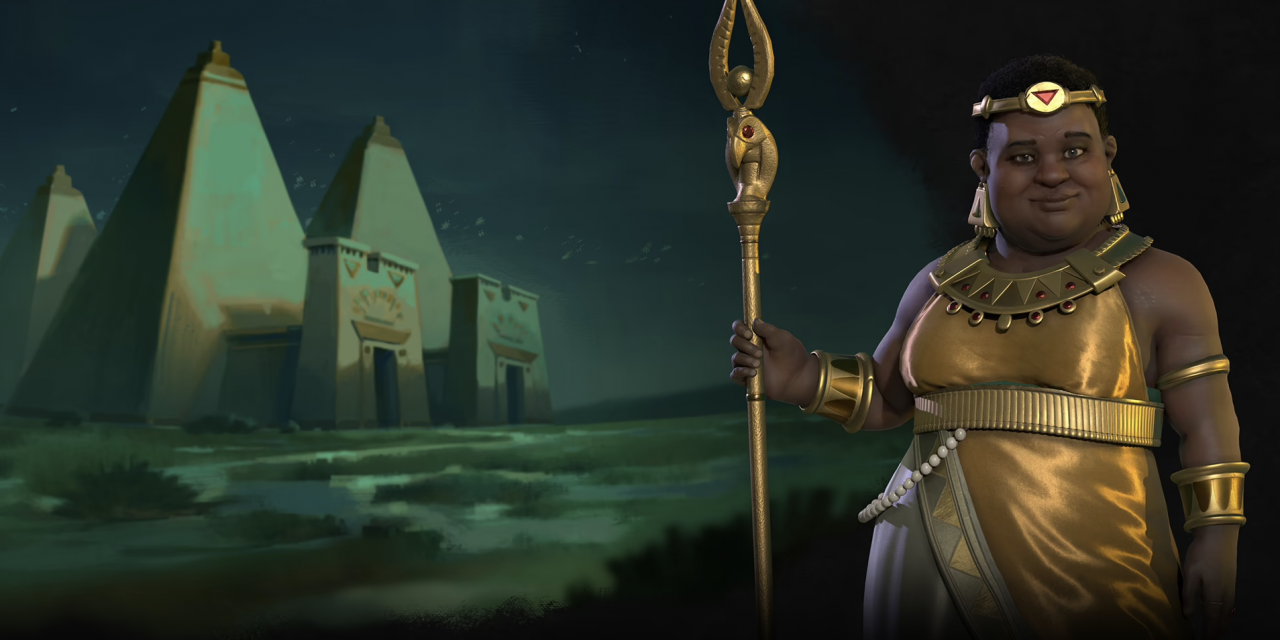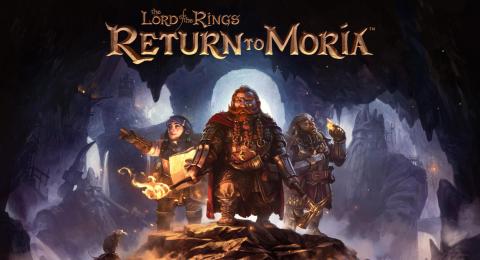





Each leader in Civilization 6 brings their unique flavor to the game, transforming how we approach world domination, culture, science, and diplomacy. Here's a breakdown of the best leaders in the game, showcasing what makes them special and where they might hit a snag.
Abraham Lincoln (America)

Pros:
- Cultural Influence: Lincoln's leadership also potentially boosts America's appeal, making it easier to attract tourists and spread American culture across the world. This cultural dominance is akin to setting global trends, where everyone wants a piece of what you're showcasing, from jeans to jazz.
- Domestic Harmony: The happiness and unity under his rule can lead to a more productive workforce and greater loyalty among cities, reducing the risk of rebellion. It’s like the entire nation is a tightly knit community, where everyone supports each other.
Cons:
- Military Modernization Challenge: Relying on home continent bonuses can sometimes backfire if engaged in overseas wars, where these advantages don’t apply. This makes projecting power abroad tougher, akin to a sports team that wins at home but struggles on the road.
- Diplomatic Predictability: His strong stance on freedom and unity might make diplomatic relations with more authoritarian or aggressive leaders challenging, limiting flexibility in foreign policy. It's like being the moral compass that some love to follow and others love to oppose.
Amanitore (Nubia)

Pros:
- Rapid Expansion Capability: The early military edge and efficient building allow Nubia to expand quickly, securing critical resources and strategic positions before rivals can react. It's as if you're playing chess and you've moved your pieces to control the board before the game really starts.
- Economic Flourish: The construction bonuses also feed into the economy, allowing for rapid development of trade routes and wealth accumulation. Imagine every city flourishing under a golden age, where markets and pyramids alike dot the landscape.
Cons:
- Specialization Risk: The focus on archers and early military might leave Nubia vulnerable to civilizations that excel in late-game technology or massive armies. It’s akin to being a sprinter in a marathon; the initial speed is advantageous, but endurance is key.
- Adaptation Required: As the game progresses, Nubia’s reliance on its early advantages requires careful adaptation to maintain its edge. Failing to evolve strategically is like resting on your laurels, only to find the world has moved on.
Basil II (Byzantium)

Pros:
- Relentless Expansion: The synergy between military conquest and religion enables Byzantium to expand relentlessly, spreading both territory and faith. It’s like wielding a double-edged sword where each swing widens your influence.
- Indomitable Spirit: Units that grow stronger with each city conversion create a feedback loop of invincibility, making Byzantine forces tougher in prolonged wars. Imagine a snowball rolling downhill, growing larger and unstoppable.
Cons:
- Overextension Risks: The aggressive expansion and focus on conquest can lead to overextension, making it difficult to manage newly acquired territories and keep happiness levels stable. It’s like biting off more than you can chew, where managing an empire becomes as challenging as expanding it.
- Diplomatic Backlash: Neighbors and distant civilizations alike may view your aggressive stance and religious fervor with suspicion, leading to coalitions against you. It’s akin to painting a target on your back, where your strength invites challenge.
Jayavarman VII (Khmer)

Pros:
- Aquatic Advantage: Specializing in bonuses from water tiles and river adjacency, Jayavarman's Khmer empire thrives near water, turning what might be natural barriers for others into highways of prosperity for themselves. It's like being a water mage, where every river bend or coast amplifies your power.
- Monumental Infrastructure: The focus on religious and amenity-rich buildings, like the Prasat, ensures a happy and devout population. This boosts productivity and cultural output, creating a society where spirituality and progress dance hand in hand. Imagine building not just cities, but sanctuaries that beckon both the soul and the mind.
Cons:
- Religious Dependence: The heavy reliance on religious development can be a double-edged sword, especially against civilizations that are aggressively secular or have strong religious countermeasures. It's a bit like playing your favorite tune on repeat, only to find out not everyone's a fan.
- Defensive Posturing: While adept at building a prosperous and content empire, Jayavarman's focus can sometimes leave the military underprepared for sudden or well-coordinated attacks. It’s akin to being so engrossed in your garden's beauty that you forget to mend the fence.
Victoria (England)

Pros:
- Naval Mastery: England's dominance at sea under Victoria is unmatched, providing unparalleled control over ocean tiles, enhancing trade, and enabling swift military movements across the globe. Commanding the English fleet feels like ruling the waves with an iron fist in a velvet glove.
- Colonial Empire: The bonuses received from establishing cities on foreign continents mirror the historical British Empire's colonial pursuits, turning every overseas settlement into a lucrative outpost. It's as if every new land discovered is ripe with the promise of treasure, waiting to be claimed and connected back to the heart of your empire.
Cons:
- Overreliance on Naval Power: This focus, while formidable, can sometimes lead to neglecting land-based strategies and technologies, potentially leaving you vulnerable to neighbors with strong armies or advanced land tactics. It’s like being a shark out of water when the battle shifts away from the seas.
- Diplomatic Isolation: The aggressive expansionist policy and colonial mindset can sour relations with other civilizations, especially those on continents you’re eyeing for your next settlement. It’s akin to being the neighborhood giant that everyone respects but secretly resents, wary of your next move.
Yongle (China)

Pros:
- Architect of the Great Wall: Yongle's China can significantly benefit from enhancements to the Great Wall, which not only bolster defense but also provide economic benefits. This unique feature turns China's borders into a source of strength and wealth, as if every brick laid in the wall contributes to the nation's prosperity and security. It's like fortifying your home while turning it into a gold mine.
- Patron of the Arts and Sciences: Reflecting Yongle's historical sponsorship of the Yongle Encyclopedia and the voyages of Zheng He, this leader excels in boosting China's cultural and scientific output. The bonuses to Eureka and Inspiration moments can catapult Chinese technology and culture ahead of rivals, mirroring the Renaissance man’s ability to blend art, science, and exploration into a golden age of innovation.
Cons:
- Early Game Vulnerability: The emphasis on building the Great Wall and focusing on long-term cultural and scientific development can leave Yongle’s China more exposed to early aggressive neighbors. It's a bit like being so focused on writing your masterpiece that you don't notice someone sneaking up behind you.
- Balancing Act Required: The drive to advance in science and culture while ensuring the Great Wall's benefits are maximized requires a delicate balancing act. Missteps can lead to falling behind in military or economic development, as if juggling several balls in the air, where focusing too much on one can cause the others to drop.
March 6, 2024 - 5:48pm








